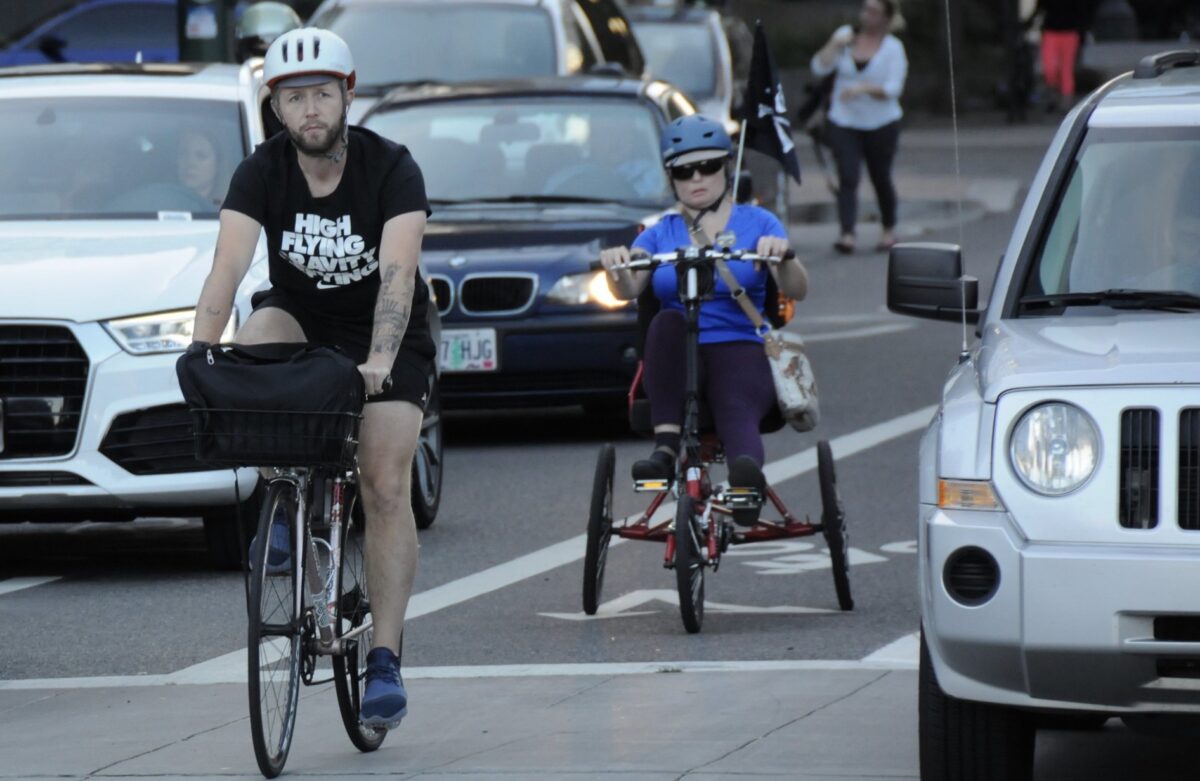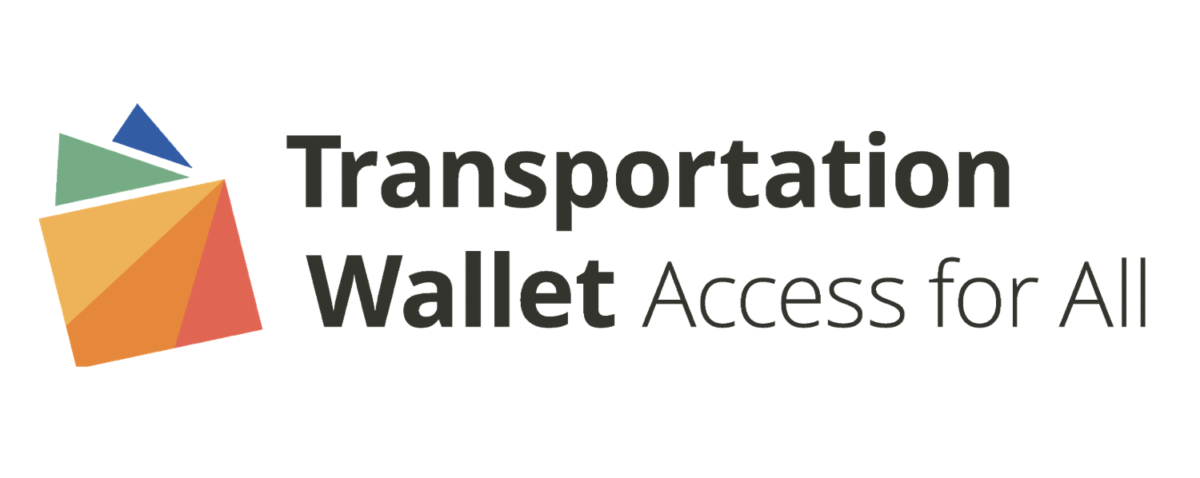The Portland Bureau of Transportation spent several years testing out the effectiveness of a program that subsidizes transportation options for people who live in low-income housing developments, many of whom spend a good chunk of their income on transportation. We checked in on this program last year, when it was in its second iteration as a pilot and already garnering positive results.
Now, the Transportation Wallet for Residents of Affordable Housing pilot is moving on up the PBOT project ladder and will be fully implemented this spring under a new, less verbose name (Transportation Wallet: Access for All).
Here are PBOT’s goals for the Access for All program:
— Deliver Transportation Wallets to our partner affordable housing sites.
— Reduce the barriers to using transportation options, like cost, technology access, credit/debit card requirements, and low-income verification processes for different providers.
— Allow residents to access transportation and have the flexibility to use how much of the transportation options that fit their needs.
— Provide Resources to services and community events.
— Communicate climate and equity benefits of transit and bike improvements in the City and promote investments in economic, physical, and community health.
The Access for All transportation wallet program will be partially funded through the 20-cent transaction fee added to Portland’s metered street parking spots this past summer. PBOT expects to raise $2 million in annual revenue from this parking fee, which is part of a larger plan to fund sustainable transportation projects with small driving taxes.
Access to these passes were limited under the pilot program, and PBOT will be able to offer more of the subsidizes when the Access for All project launches. But exactly how many of these will be up for grabs remains to be seen.
This isn’t the only program within PBOT’s Transportation Wallet offerings. They launched the initial program in 2017 as a way to increase parking supply in some of the city’s most car-congested areas, including the Central Eastside and Northwest Industrial Parking Districts. PBOT also runs a Transportation Wallet for New Movers program that offers multimodal transportation credits to people living in new multi-unit developments. The whole lineup is intended to get people out of their cars and incentivize them to try different, more sustainable modes of transportation, as well as to promote freedom of mobility for people of all income levels.
Along with their more developed “Access for All” program, PBOT is also planning to launch a Transportation Wallet app created in collaboration with RideShark. This new tech will “allow users to more precisely track their credits and more easily redeem them” and “provide program planners with useful information to better tailor the program to customers’ needs and deliver more targeted outreach to drive program engagement.”
If you’re interested in getting involved with this program, PBOT is looking for community organizations to partner with. These organizations will help recruit participants and distribute the passes, and they’ll receive some compensation from the city for their help. Applications to participate in the program are due in January, and PBOT will host two information sessions about this partnership later this fall. You can find out more here.
I think the Transportation Wallet is one of PBOT’s most underrated programs. It incentivizes people to rethink their transportation habits and encourages the combination of car-free living with dense housing. The Access for All program promotes the idea of universal basic mobility, which says freedom to get around is a basic human right and should be treated accordingly. It’s good that PBOT is doubling down on Transportation Wallet programming – so stay tuned for more details as it moves ahead.




